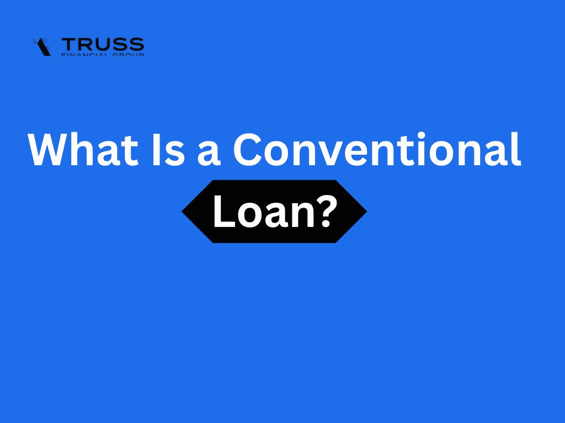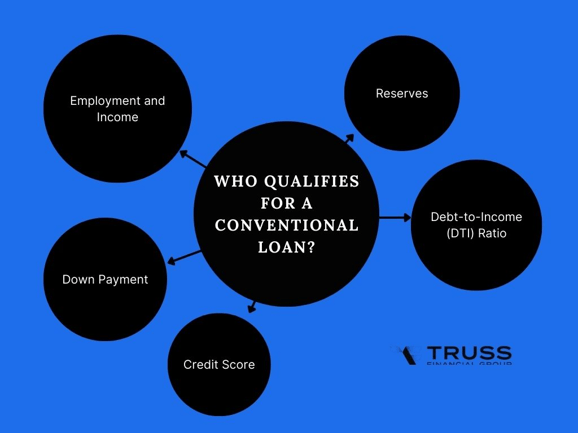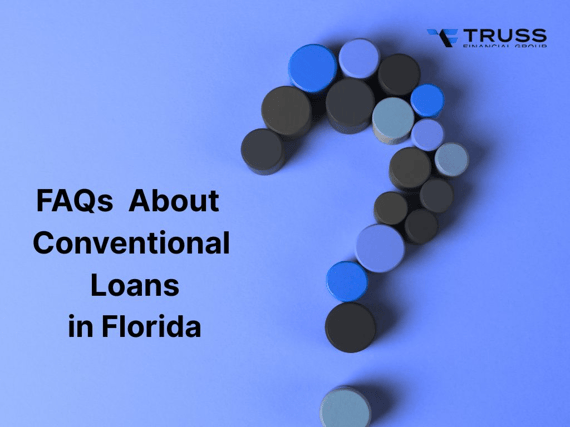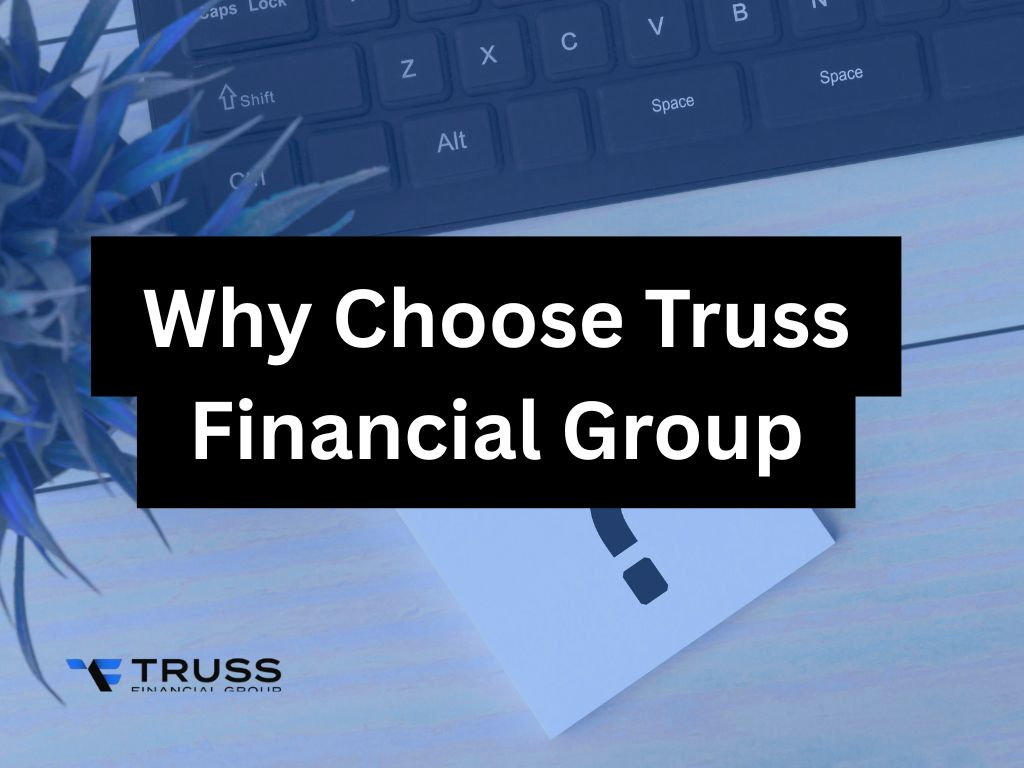Buying a home in Florida comes with choices. From FHA loans to VA benefits, there are plenty of financing paths. But for many homebuyers, especially those with steady income and good credit, conventional loans remain the most popular choice.
If you’re thinking of purchasing a primary home, vacation property, or condo in the Sunshine State, understanding how conventional loans work can help you decide if they’re the right fit.

What Is a Conventional Loan?
A conventional loan is any mortgage that isn’t backed by a government agency like the FHA or VA. Instead, it’s offered through banks, credit unions, and mortgage lenders, and usually follows guidelines set by Fannie Mae and Freddie Mac.
These loans are considered “conforming” when they meet the maximum loan limits (in most of Florida, that’s $766,550 in 2025 for a single-family home). Anything above that is considered a jumbo loan, which has stricter requirements.
Conventional loans come in many forms, including:
- 30-year fixed-rate mortgages – the most common option.
- 15-year fixed-rate mortgages – faster payoff, lower rates, but higher monthly payments.
- Adjustable-rate mortgages (ARMs) – lower starting rates, with adjustments after a set period.
Florida’s Housing Market in 2025
Florida remains one of the nation’s hottest housing markets. According to state housing data:
- The median home price in Florida was around $415,000 in early 2025, up slightly from 2024.
- Metro areas like Miami, Tampa, and Orlando continue to see strong demand, especially for condos and second homes.
- Insurance costs are a growing factor, with many lenders requiring higher reserves for coastal properties.
For many buyers, a conventional loan offers flexibility, covering both primary residences and investment properties, while giving more freedom compared to FHA or VA programs.

Who Qualifies for a Conventional Loan?
Conventional loans are a great fit for buyers with solid financial profiles. To qualify, lenders generally look for:
- Credit Score: A minimum of 620, but most lenders prefer 680+ for better rates.
- Down Payment: As low as 3% for first-time buyers, though 20% down avoids private mortgage insurance (PMI).
- Debt-to-Income (DTI) Ratio: Typically capped at 43–45%, though exceptions may be made for strong borrowers.
- Employment and Income: Proof of steady income via W-2s, pay stubs, or tax returns.
- Reserves: Savings or liquid assets, especially for condos, second homes, or jumbo loans.
Benefits of Conventional Loans
- Low Down Payment Options – First-time buyers may qualify with just 3% down.
- No Upfront Mortgage Insurance – Unlike FHA loans, you don’t pay a one-time premium.
- PMI Flexibility – Private mortgage insurance can be canceled once you reach 20% equity.
- Property Flexibility – Conventional loans can be used for condos, second homes, or investment properties.
- Competitive Interest Rates – Especially for borrowers with strong credit profiles.
Drawbacks to Consider
- Stricter Requirements – Conventional loans demand higher credit and income than FHA or VA.
- Higher Down Payments – To avoid PMI, you’ll typically need 20% down.
- Condo Challenges in Florida – With recent SB326 inspection rules, lenders are scrutinizing condo financing more closely.
- Insurance Costs – Rising premiums in coastal areas may impact affordability.
Florida-Specific Factors
Florida’s market has unique dynamics that directly affect conventional borrowers:
- Condos: After safety legislation, many condo associations face expensive repairs. Lenders now require stricter documentation before approving condo loans.
- Second Homes & Vacation Rentals: Florida is a magnet for investors. Conventional loans allow financing of non-primary residences, though they require higher down payments.
- No State Income Tax: Florida’s tax advantages make conventional loans attractive for retirees and relocating families.
Comparing Loan Types
Here’s how conventional loans stack up against FHA and VA programs in Florida:
|
Feature
|
Conventional Loan
|
FHA Loan
|
VA Loan
|
|
Minimum Down Payment
|
3% (20% to avoid PMI)
|
3.5%
|
0%
|
|
Credit Score Requirement
|
620+ (680+ preferred)
|
580 (with 3.5% down)
|
Flexible, no strict minimum
|
|
Mortgage Insurance
|
PMI (can be removed)
|
Required for life of loan
|
None
|
|
Property Types Allowed
|
Primary, second, rental
|
Primary only
|
Primary only
|
|
Loan Limits (2025)
|
$766,550 (conforming)
|
$498,257 (most FL counties)
|
No formal limit
|
How to Apply for a Conventional Loan in Florida
The process is straightforward, but preparation helps:
- Get Pre-Approved – A lender reviews your credit, income, and assets.
- Prepare Documentation – W-2s, pay stubs, bank statements, and ID.
- Find a Home – Stay within your pre-approved range.
- Appraisal & Underwriting – The property value and your finances are verified.
- Closing – Final documents signed, and you get the keys.

FAQs About Conventional Loans in Florida
Q: Can I get a conventional loan for a condo in Florida?
Yes, but the condo project must meet lender approval and comply with safety inspection requirements.
Q: Is PMI required for all conventional loans?
Not if you put 20% down. PMI can also be canceled once you reach 20% equity.
Q: What’s the biggest difference between FHA and conventional loans?
FHA is more forgiving on credit and income, but conventional loans have lower long-term costs if you qualify.
Q: Can I use a conventional loan for a vacation home?
Yes. Conventional loans are often used for second homes and investment properties in Florida.

Why Choose Truss Financial Group
Whether you’re buying your first home, upgrading to a vacation property, or investing in a rental, the right loan matters. Truss Financial Group, now merged with Equity Access Group, brings over a decade of experience helping Floridians navigate conventional lending.
With access to conforming and jumbo loan programs, personalized strategies for condo and second-home financing, and a commitment to making the process simple, Truss Financial Group is here to guide you every step of the way.



